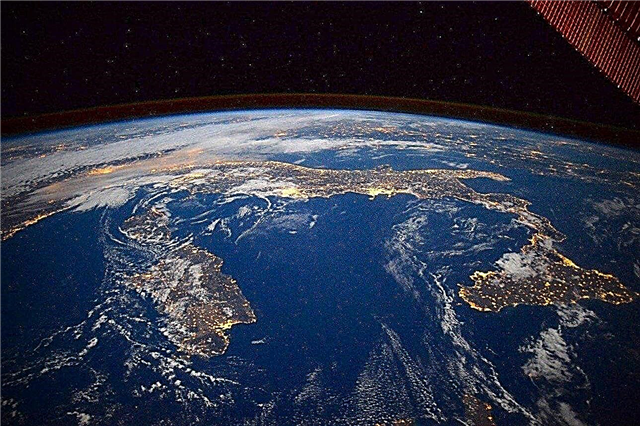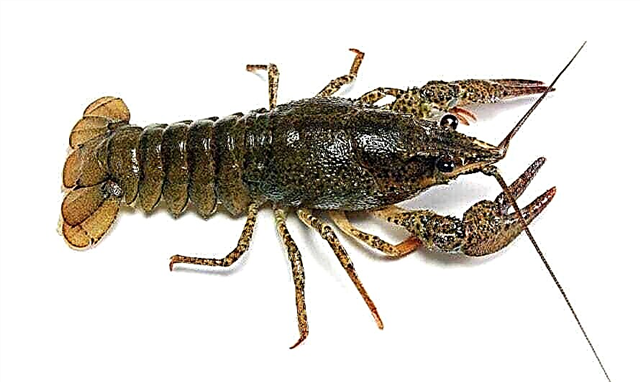
Germany is one of those countries that has many names. It can be safely called the champion among European states in the number of officially accepted names.
The Germans themselves call their country Deutschland.
What is Germany called in other countries
At the same time, for representatives of other nations, the name of the country will sound completely different. For the French, this is Allemagne; for the Danes, Tyskland; the Finns call it Saksa; the Poles call it Germans; Niemcy; for many Europeans, the country is Germany (Germania). An explanation of this diversity can be found in the history of the formation of the state.
Name History
The territory now occupied by modern Germany, in ancient times, was inhabited by disparate tribes, with their own language and name. Based on the peculiarities of the location of the locality - in the very center of the European continent, the tribes, and subsequently the states, were forced to actively interact (not always peacefully) with neighboring countries. And since contacts occurred with a certain tribe (state) or several, neighbors named everyone who inhabited this territory by their name.

Given that Germany has become a single state relatively recently, no one official name has been used for diplomatic relations with it until this time. Thus, most of the names of modern Germany for Europeans comes from antiquity.
Interesting fact: There is no absolutely accurate data on the occurrence of a name. There are only assumptions and hypotheses, sometimes contradictory.
The origin of the name: Deutschland (Deutschland)
In ancient times, part of the tribes spoke the language that is now called Old High German. In this dialect, the word diutisc means "folk" and refers to the language. Over time, the word transformed in sound and as a result changed into deutsch. Land is "land, country." Thus, the modern name Deutschland is essentially “Land of the people”, the land of people, native speakers.
Origin of the name: Germany (Germania)
The first mention of Germany occurred in ancient Greece. The Romans gladly borrowed the word, and already Julius Caesar in his work "Notes on the Gallic War" spoke so much about the people living near the Rhine river.
At the same time, interestingly, the word is not of Latin origin, it belongs to the Celts. And not even one word, but two whole: “gair”, meaning “neighbor,” and “gairm” - “battle cry.” Both values are perfectly suitable, because the Celts and the Germans really coexisted, and the militancy of the nation, as history shows, has no doubt. In addition, the Celtic word "gairm" has another meaning - noise. Germany is sometimes jokingly called the “noisy neighbor” in Europe.
Interesting fact: Germany called the asteroid, which was discovered at the end of the 19th century by the German astronomer W. Luther. Also, Germany is "immortalized" in the periodic system of chemical elements - at number 32 there appears germanium. This semimetal was discovered by the German chemist C. Winkler.
The origin of the names: Alemania (Allemagne), Saxa (Saksa), Tiskland (Tyskland)
The explanation for these names is quite logical, originating in ancient times. Ancient Germanic tribes - Alemans, Saxons, and Vices - were in contact with neighboring states. According to their historical names, the country is called to this day.

Why are the Germans?
Perhaps the strangest and most controversial explanation of the word Germans. Presumably, its "authors" are Poles. According to one version, the "Germans" come from the name of the ancient Germanic tribe of Germans. On the other - from the name of the Neman River. True, why the country located in the west, called the name of the river flowing in the east, a mystery without an answer.
The most popular version - the ancient Russians came up with the word, and it had nothing to do with the resident of the country. The word comes from the old Russian “dumb”, and originally meant not only people “languageless”, but also everyone who was not able to speak Slavic. Later Germans began to call any foreigners. In tsarist Russia, the word "Germans" began to be used in parallel with the Germans.
Interesting fact: in modern Russian there is a clear semantic separation of the words "Germans" and "Germans." The Germans denote the people living in Germany, and the Germans are a number of ancient tribes that inhabited a certain European territory, and people belonging to these tribes.
All three hypotheses - by geography, ethnicity and as a result of linguistic "fun" - coexist peacefully.
Be that as it may, today, despite many names, Germany is a powerful, prosperous state with one of the most developed economies in the world and a high standard of living.












